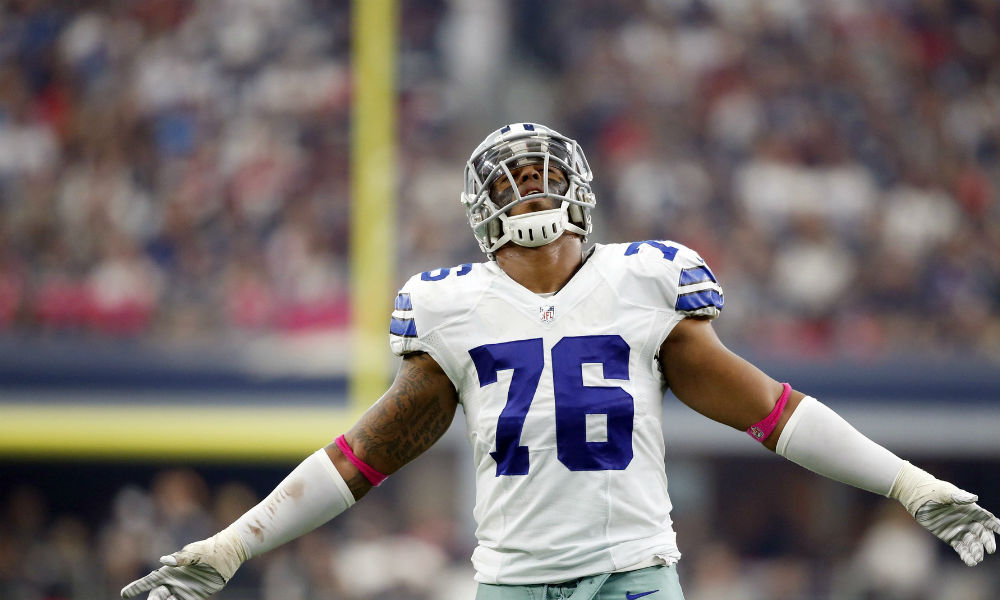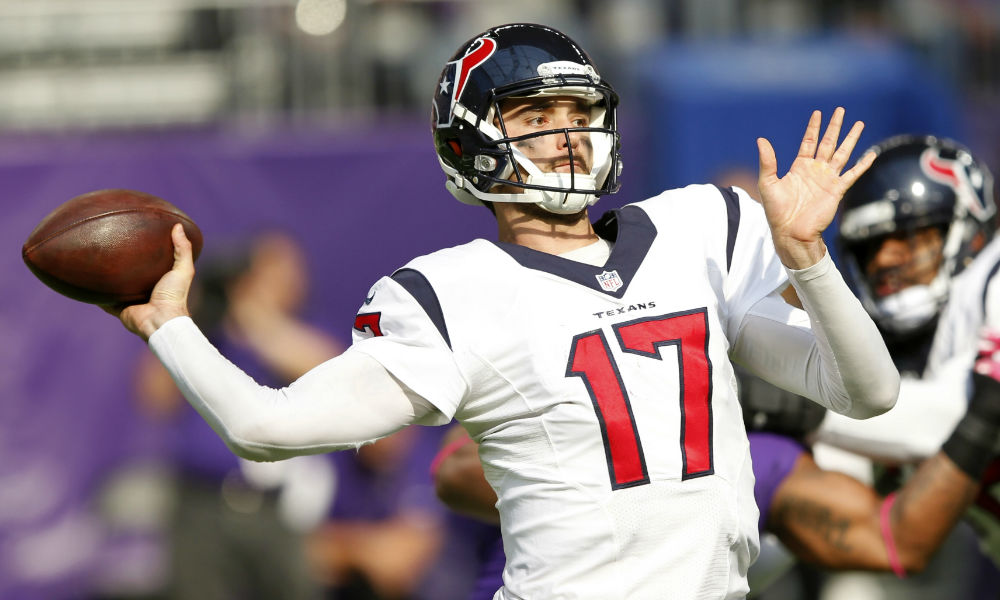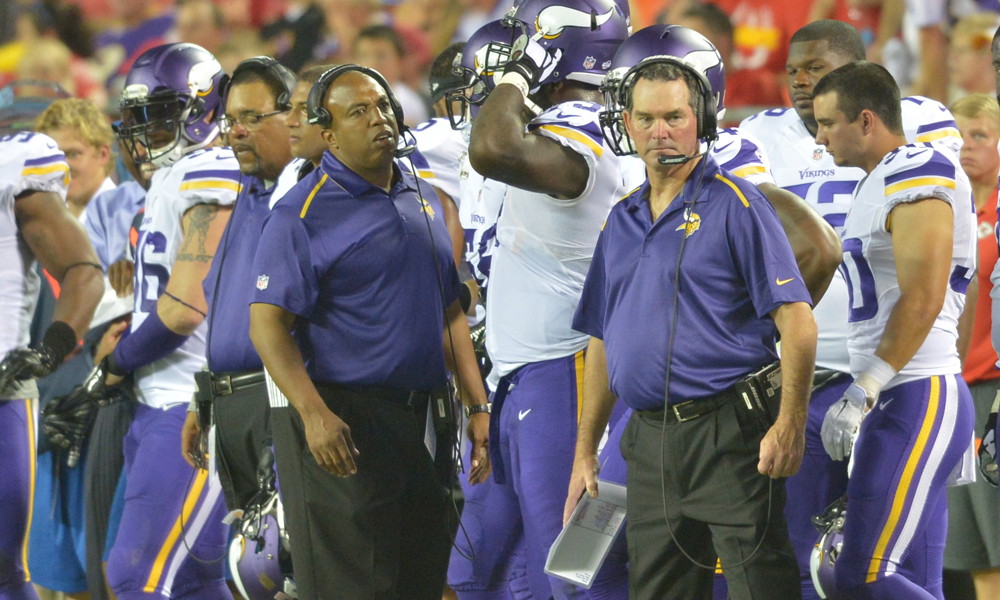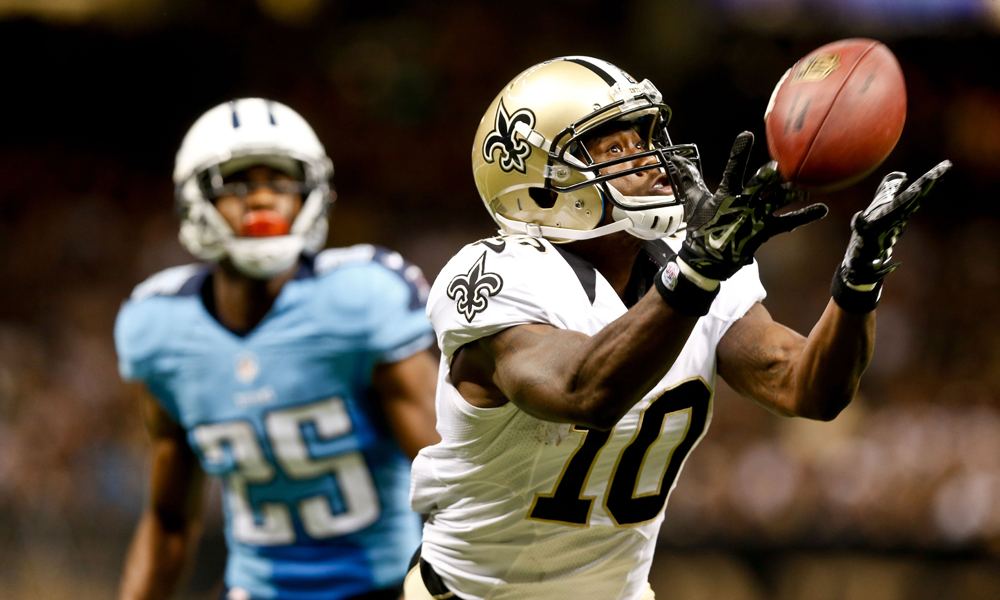News
Football Philosophy 101: Game-planning
The most talked about play call in Super Bowl history was bad for reasons you haven’t thought of.
Football coaches are notorious for how much time they spend preparing for games. Endless hours in the film room to find the smallest advantage that could make the difference on Sunday. Some watch and see height differences or formation alignment keys. Others see how a receiver prepares to come off the line of scrimmage when it is a pass play versus his posture during a run play. It seems few are spending time seeing the bigger picture of football philosophy versus personnel matchup.
The defining play of Super Bowl XLIX was a great picture of the personnel matchup making the critical play determination instead of understanding football philosophy and not for the reasons that have made the Seahawks final play the most second-guessed play-call of all time (or at least recent memory). Even the non-football fan that watched the game understood that running the ball from inside the one yard line was the appropriate call with over :20 seconds and a time out left on the board. And if you decided to risk a pass on 2nd down, throwing an outside fade would have been the better choice.
Malcolm Butler made a truly amazing play, turning a great pass defense into an interception. He had seen it in practice and was prepared, because the Seahawks didn’t prepare themselves properly, by knowing that they were predictable in that stacked receiver formation.
They also made the critical mistake that is far too common at all levels of football right now, running plays from shotgun in short yardage and especially goal-line situations. The compressed area at the goal-line makes the ability to throw quickly all the more important. If the Seahawks threw the same slant pass from under center, Russell Wilson would likely be a two-time Super Bowl champion, instead of questioning exactly what happened for the rest of his life. The .5 to 1.0 second difference in the ball hitting his receiver earlier than from shotgun, would probably have allowed Ricardo Lockette to catch it and while Butler would have hit him hard, it would have taken a precise hit to stop his momentum from getting into the end zone. Even if Butler made a great hit and kept him from the end zone, the Seahawks timeout would have allowed them to regroup and call the rollout pass on 3rd down.
The football philosophy problem with throwing an outside fade from shotgun at the one yard line is fraught with the same problems that the slant was. Butler was over five yards off the stacked receiver. From shotgun, the ball would get up too late to be thrown properly and would have given Butler too much time to react and based on how he had defended a couple of other balls earlier in the game and even the miraculous catch by Jermaine Kearse just two plays earlier, the good money would be on Butler knocking the ball away, but it would still have been less dangerous than the slant that was chosen.
The 49ers lost their chance at a Super Bowl two years ago when they made a poor football philosophy choice on their 4th down effort against the Ravens. They chose a fade to Michael Crabtree on their final play, a low percentage play that left Jim Harbaugh begging the referees for a holding call. They were left holding the bag, but not the trophy, because of poor football philosophy, just as the Seahawks are now.
Coaches and quarterbacks need to take their extensive preparation to a higher level and ask themselves more questions than the simple personnel matchups determining the most important calls of their lives.
News
Buccaneers admit mistake, boot Aguayo
Source: Mike Florio of ProFootballTalk
Powered by WPeMatico
News
Did Bucs put too much pressure on Aguayo?
Source: Mike Florio of ProFootballTalk
Powered by WPeMatico
News
Broncos holding their breath on Derek Wolfe
Source: Mike Florio of ProFootballTalk
Powered by WPeMatico





